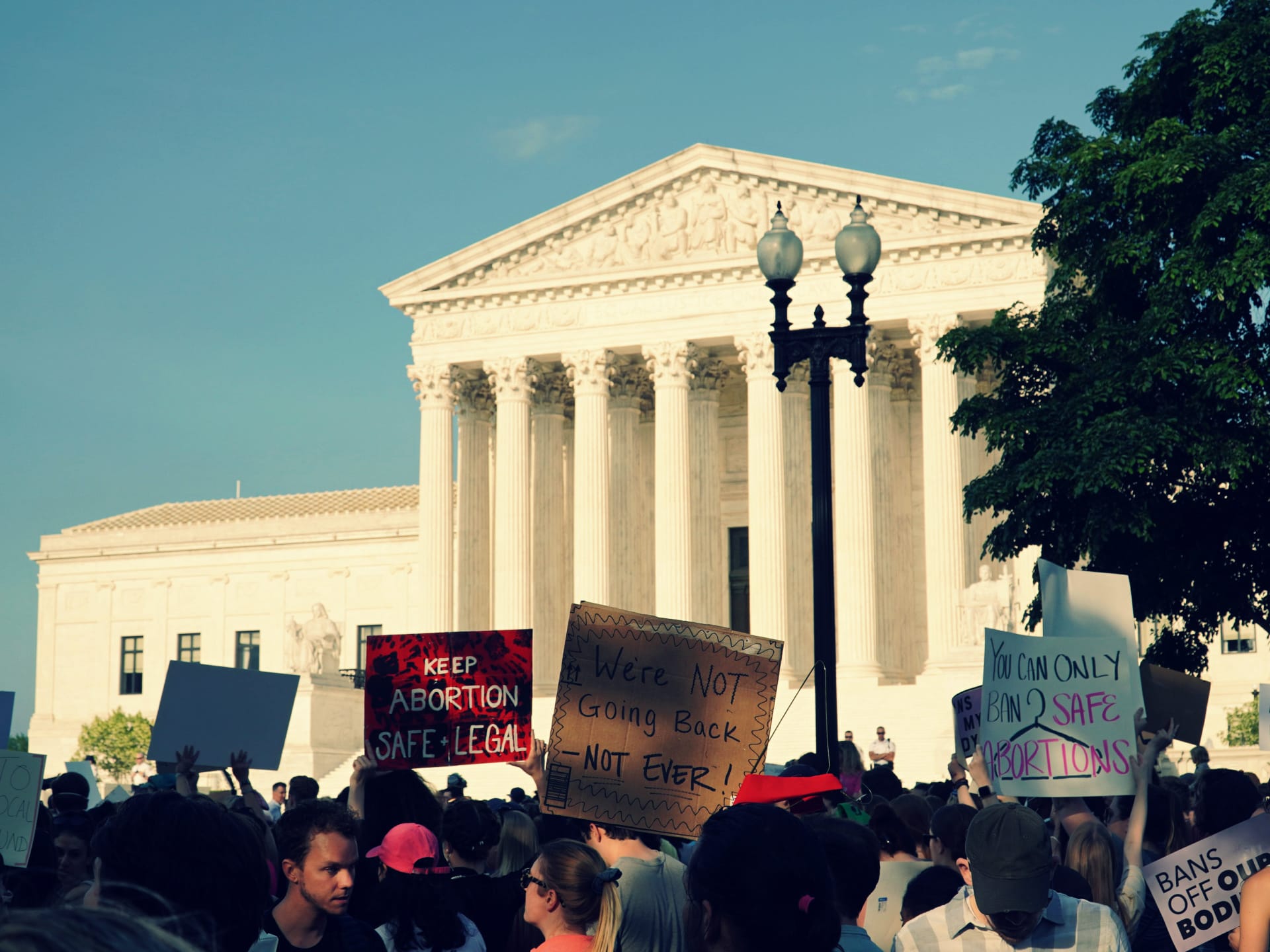Dec. 18, 2024 |
Judging the judges. Over the past few years, Americans appear to have lost trust in their judicial system, quickly and dramatically. Now, only about 35 percent say they have confidence in U.S. courts, according to a Gallop poll published on December 17. It’s a steep decline from 59 percent just four years ago.
Gallup surveys public opinion on legal systems in 160 countries, and only nine times since 2006 have they recorded a drop over four years greater than what they’re seeing in the U.S. now. Those nine instances were typically in countries experiencing civil war (Syria), a military takeover (Burma), or profound economic and political crisis (Venezuela).
The United States lags 20 points behind the median level of confidence in the wealthy countries of the OECD. Global data from 2023 show the U.S. in 92nd place in a ranking of countries by public confidence in their judiciaries—putting it behind Russia, Iraq, Iran, Libya, and Hungary. Why is this happening?
The Gallup poll suggests the court cases against President-elect Donald Trump are likely factors in the decline of confidence. Many, particularly among Republicans, believe the prosecutions against Trump have been politically motivated; many others, particularly among Democrats, are upset that the Supreme Court granted Trump immunity from some of the felony charges against him—or have viewed the Court for years as being essentially in the Republican camp.
In July, Christopher W. Schmidt looked at accusations in the U.S.—on both the right and the left—that the judicial system has been politically captured. Schmidt says the idea is an old one in America—including as a way to mobilize partisans to vote. What’s new is that the U.S. political center—and the institutions traditionally aligned with it, like the mainstream media or the legal profession—are now rallying less and less to show public support for the judicial system and stepping back more and more to challenge it.
—Michael Bluhm

